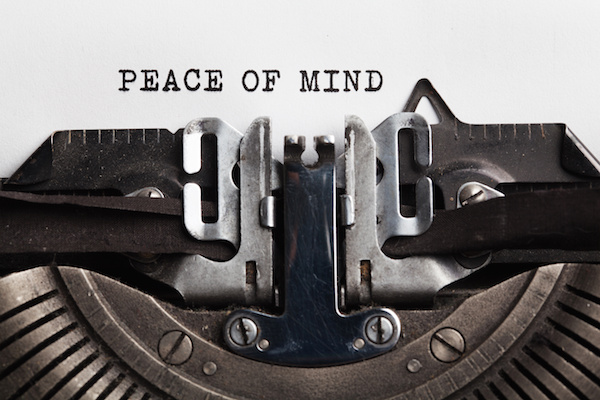
MONDAY, May 17 (HealthDay News) — Although your body might start to show the sad signs of aging after you hit 50, a new survey suggests your spirits may actually lift as the years go by.
On average, people reported being less worried once they passed the half-century mark, and less stressed and angry in the years after their 20s. Perhaps most surprisingly, people in their 70s and 80s were the most likely to report fewer negative emotions.
There are reasons to be cautious about the survey findings. For one thing, researchers didn’t follow people over time: the feelings of older people could be related to the life experiences of their generation, not their age. In other words, these older people may be unique.
Still, the findings suggest that “as you get older, things in terms of your mood look better and better,” said study author Arthur A. Stone, vice chair of the department of psychiatry at New York’s Stony Brook University. That’s the case even though older people deal with more medical problems and the deaths of people close to them.
Stone and colleagues came to these conclusions after examining a 2008 Gallup phone survey of more than 340,000 people who live in the United States.
As in previous research of its kind, this survey showed that people were generally most happy with their lives in their younger and older years, with a dip in mid-life, Stone said.
But the researchers wanted to take a deeper look at what people think of themselves and asked them other questions about their emotions, such as anger and worry. That’s where the more unusual findings appeared.
In general, people were more stressed and angry in their 20s, and their levels of stress and anger declined all the way through their 80s. “It formed a nice line,” he said.
“For worrying, it was an even different pattern,” he said. “From around 20 to about age 50, it was flat. But then there was a reduction in how much people worried through their 80s.”
What’s going on? One popular theory in academia is that people stop looking forward as they get older and begin appreciating what they have in life. “Perhaps you’re making decisions about your life to maximize your pleasure in the now,” Stone said.
Sonja Lyubomirsky, a professor of psychology at the University of California at Riverside who studies happiness, said the findings about people in their 70s and 80s — that they’re less worried, stressed and angry than even those who are just somewhat younger — aren’t consistent with previous research.
“That’s when your friends are dying and you have health problems and you’re caring for your spouse,” said Lyubomirsky, author of The How of Happiness.
“That’s really surprising that people in their 80s are happier than in their 70s and 60s. That’s almost shocking, and not consistent with everything I’ve seen,” she said.
Why does this research even matter?
“It will make us happier and dread older age less if we know that some people who are older are happier,” Lyubomirsky said. “It debunks some stereotypes about older people.”
And Stone said research like this can help policymakers and others to understand what makes people happy.
The study appears in the May 17-21 online edition of the Proceedings of the National Academy of Sciences.
More information
For more about happiness, try the Pew Research Center.

